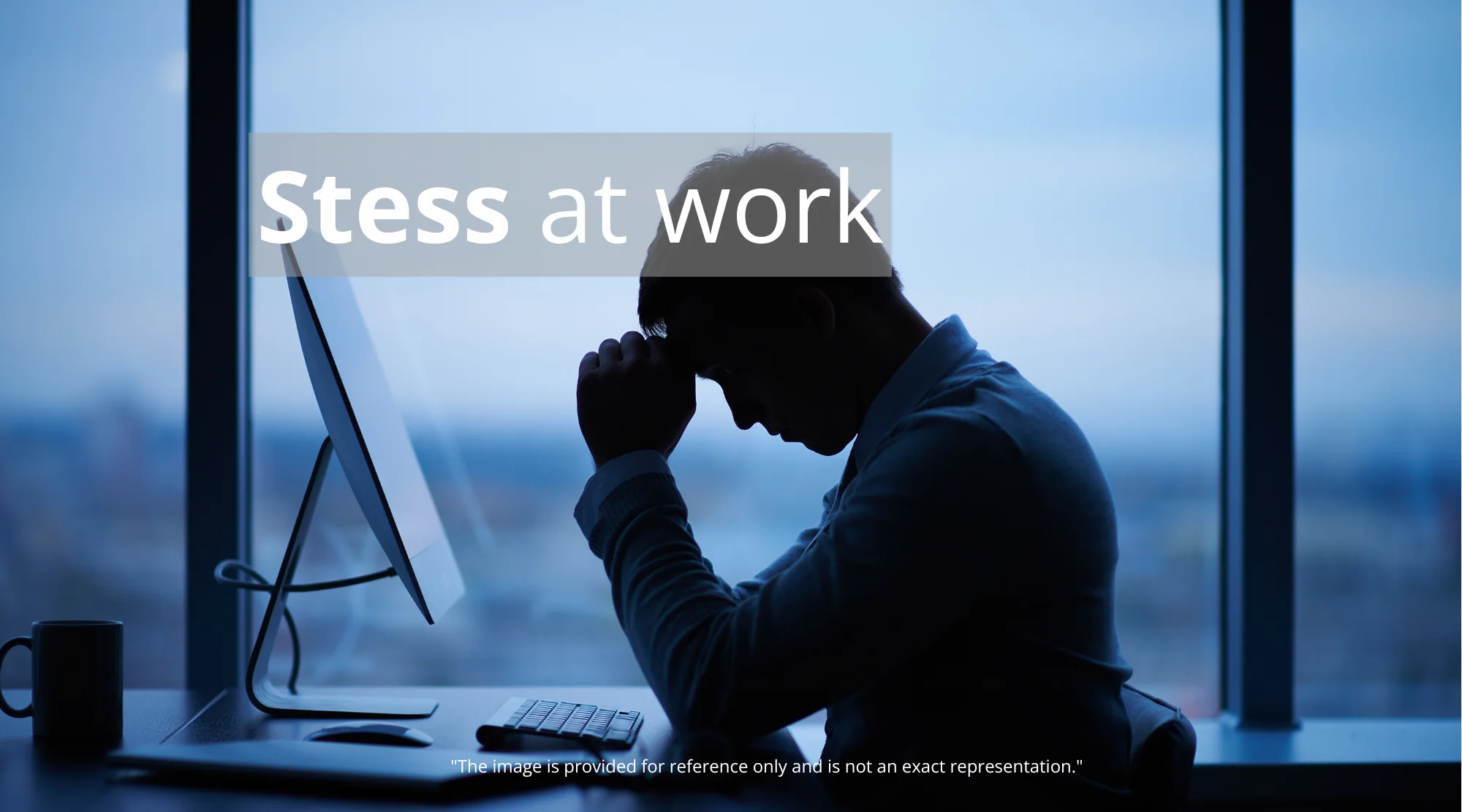Navigating the AI Therapy Landscape: Expert Recommendations for Your Well-being
The rise of artificial intelligence has permeated nearly every aspect of our lives, and the realm of mental health is no exception. As AI-powered chatbots and virtual therapists become increasingly accessible, many individuals are turning to them for support, self-reflection, and even therapy. However, as with any new technology, especially one that impacts mental health, it’s crucial to approach AI therapy with a discerning eye. This article explores the current landscape of AI therapy, offering expert recommendations to help you navigate this evolving field safely and effectively.
[IMAGEN-1]
The Appeal and Accessibility of AI Therapy
One of the primary drivers behind the growing interest in AI therapy is its accessibility. Traditional therapy often faces barriers such as cost, limited availability, and geographical constraints. AI chatbots, on the other hand, promise to be readily available 24/7, potentially making mental health support more accessible to a wider audience. The convenience of interacting with an AI therapist from the comfort of your home is another enticing factor, especially for those with busy schedules or social anxieties. These factors make “AI therapy” seem like the best option for many.
Risks and Considerations: Proceed with Caution
Despite the potential benefits, it’s essential to acknowledge the risks associated with AI therapy. While some people have reported positive experiences, the lack of rigorous scientific evidence is a major concern. The algorithms that power these chatbots are trained on vast datasets, but they may not always be equipped to handle complex emotional situations or provide personalized care.
The Role of Human Supervision
Another area of concern is the lack of human oversight. Unlike traditional therapy, where a qualified professional guides the process, AI chatbots operate autonomously. This means that they may not be able to recognize or respond appropriately to warning signs of mental health crises, such as suicidal ideation or psychosis. It’s extremely important to discuss with a human supervisor before delving into AI-powered support.
Expert Recommendations for Safe and Effective Use
Given the current state of AI therapy, experts recommend a cautious approach. Here are key strategies to protect your mental well-being while exploring this technology:
1. Set Realistic Expectations
It’s crucial to understand that AI therapy is not a replacement for traditional therapy. Chatbots can be helpful tools for self-reflection, journaling, and exploring challenging situations, but they may not be equipped to address deep-seated psychological issues or provide the same level of emotional support as a human therapist. AI-powered support should be utilized as a complement, not the complete solution.
2. Be Mindful of Your Interactions
Pay close attention to how you feel during and after your interactions with an AI chatbot. Are you feeling more anxious, paranoid, or dependent? If so, it might be a sign that you are not using the tool in a healthy way. Limit your time with the chatbot and be aware of its limitations.
3. Seek Human Support
AI should never be your only source of mental health support. Continue to utilize other resources such as friends, family, support groups, or human therapists. Make sure to let your therapist know if you are engaging in AI support. Talking to a human offers critical advice and can provide perspective.
4. Be Aware of Red Flags
Consider the potential for emotional dependence. If you find yourself spending excessive hours with an AI chatbot, it could be a sign that you are overly reliant on it for emotional support. Recognize that real-life experiences and human relationships are crucial for building resilience and coping skills. Be mindful of the need for time away from your AI companions.
5. Explore Alternatives
Don’t limit yourself to AI therapy. Explore alternative mental health resources, such as free or low-cost mental health apps, exercise, and mindfulness practices. Consider traditional human therapy, which offers a structured and personalized approach. A combination of different mental health support types could offer an optimal solution for your mental health support.
The Future of AI in Mental Health
The use of AI in mental health is a rapidly evolving field. While there are potential benefits, such as increased accessibility, it’s crucial to proceed with caution and prioritize your mental well-being. By following expert recommendations and being mindful of the risks and limitations, you can navigate this technological landscape in a way that supports your mental health journey.













5 comments